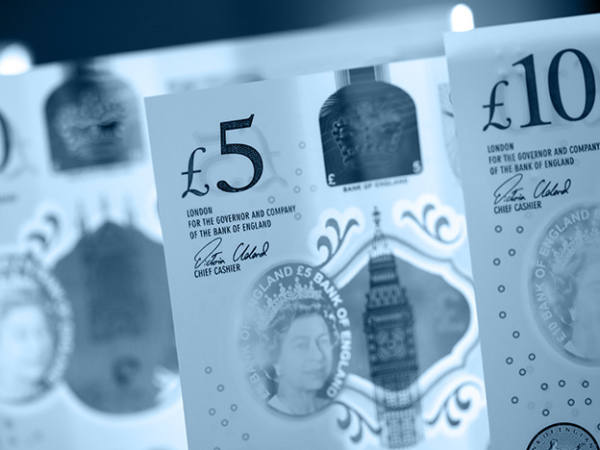- Economic growth and inflation worries are driving ratings
- Structural qualities of these three companies are worth re-evaluating
A stock with a low PE (or similar profitability ratio) and/or a high yield does not automatically offer good value and high returns for investors. Some sectors and individual stocks are seen as having inherent or time-specific risk or as having permanently low earnings quality, which means that the market feels they ‘deserve’ a low rating and thus do not offer up value. Conversely, these risk and quality concerns can be misapplied meaning that the stock concerned is undervalued. The shares looked at this week provide an interesting mix of the two scenarios.
Drax (DRX) – this is a former coal-fired power station operator looking to produce greener energy and help in the decarbonisation process. While it has invested in hydro and ‘clean’ gas, its main thrust has been to replace coal with wood pellets, of which it is a consumer in the vast Drax power station in North Yorkshire and a producer from an array of plants in North America. The big debate here is how ‘green’ is burning timber to generate electricity as trees naturally scrub CO2 from the atmosphere and burning timber releases more carbon than natural gas and, some argue, coal. So, investors need to assess both the core investment and the environmental case here. Good growth is on offer for now, but the pariah status of a coal-burning energy producer seems not to have been fully shaken off.
Finsbury Food (FIF) – one of the UK’s leading cake and bread manufacturers, Finsbury faces a tidal wave of inflationary pressure on input costs. While it is hoped these can be passed through (the primary end customers are supermarkets) this is not assured and even if it is, customers may baulk at higher prices and cut back purchases. These risks collide with margins of only 4.5 per cent making profits vulnerable. Countering these operational risks are three ways the lot of shareholders could structurally improve: making a transformative acquisition (the balance sheet is strong), share buybacks (sensible on a 6 times price/earnings (PE) ratio ) or it becomes a takeover target itself. The risks are priced-in, but these potential kickers are not.
Vesuvius (VSVS) – investors have a love/hate relationship with anything connected to the steel industry; mostly hate. While steel can be highly cyclical for the producers, because it is a continuous production process those providing vital elements in the manufacturing process see much more stable demand. Vesuvius produces materials that control heat, and thus the quality of finished steel, and should benefit from that stability and global drives to increase steel quality and/or transition to ‘green’ steel manufacturing. A PE ratio of 7.5 times and yield of 6.5 per cent might suggest an imminent cut to earnings per share (EPS) or dividends per share (DPS), but that feels unlikely and from the low valuation, investors could lock in double-digit annual total shareholder returns (TSR) on a two to three-year view.
Download PDF








